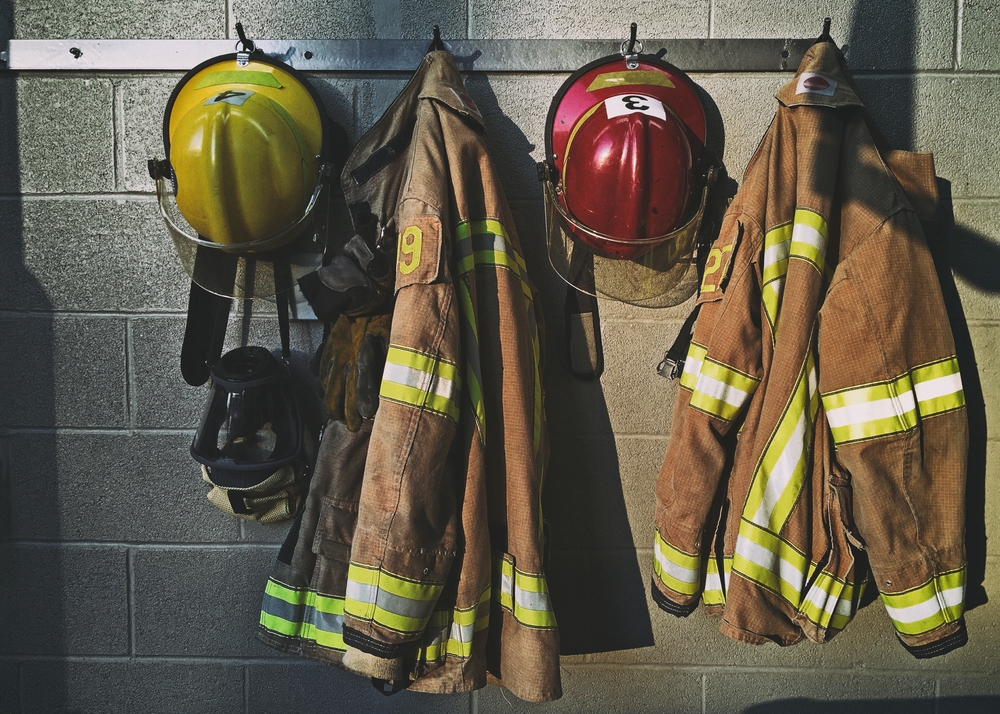‘Misguided and ill-informed’ – NFPA responds to IAFF lawsuit
- March 23, 2023
- 9:22 am


Iain Hoey
Share this content
The National Fire Protection Association (NFPA) has issued a statement in response to the International Association of Fire Fighters’ (IAFF) lawsuit against the NFPA for its role in imposing a testing standard that effectively requires the use of PFAS in fire fighter protective gear.
Lorraine Carli, Vice President for Outreach and Advocacy said “NFPA understands the complex health risks that come with firefighting, and we’re deeply sympathetic to the terrible toll that cancer takes on firefighters and their families.
“We’re proud of the role we’ve played in educating the fire service about firefighter cancer risks and supporting federal legislation to better understand the epidemiology around this important public health issue. For more than a century, we’ve worked hand-in-hand with the fire service on a shared mission to protect life and property in our communities, and that important work will continue.
“Unfortunately, the IAFF has chosen to pursue a legal strategy the facts make clear is misguided and ill-informed. What’s more, the IAFF’s recent public comments about the lawsuit falsely portray NFPA, our standards development process, and the role the IAFF itself plays in that process.
“We won’t allow our organisation, our people, or our valued volunteers to be disparaged or our long-standing process to be politicized by a meritless lawsuit.”
Carli went on to say that The IAFF’s suggestion that the NFPA’s expert volunteers are not acting to make the best technical decisions based on the information presented to them devalues their ‘inestimable contributions’ to the standards development process.
She said that the IAFF’s suggestion that any group exerts undue influence over NFPA’s process is false and defamatory.
“At no point has the IAFF, or anyone else for that matter, recommended language to the technical committee that would prohibit the use of PFAS in firefighter protective gear,” Carli added. “The NFPA protective gear standard does not specify or require the use of any particular materials, chemicals or treatments for that gear.”



